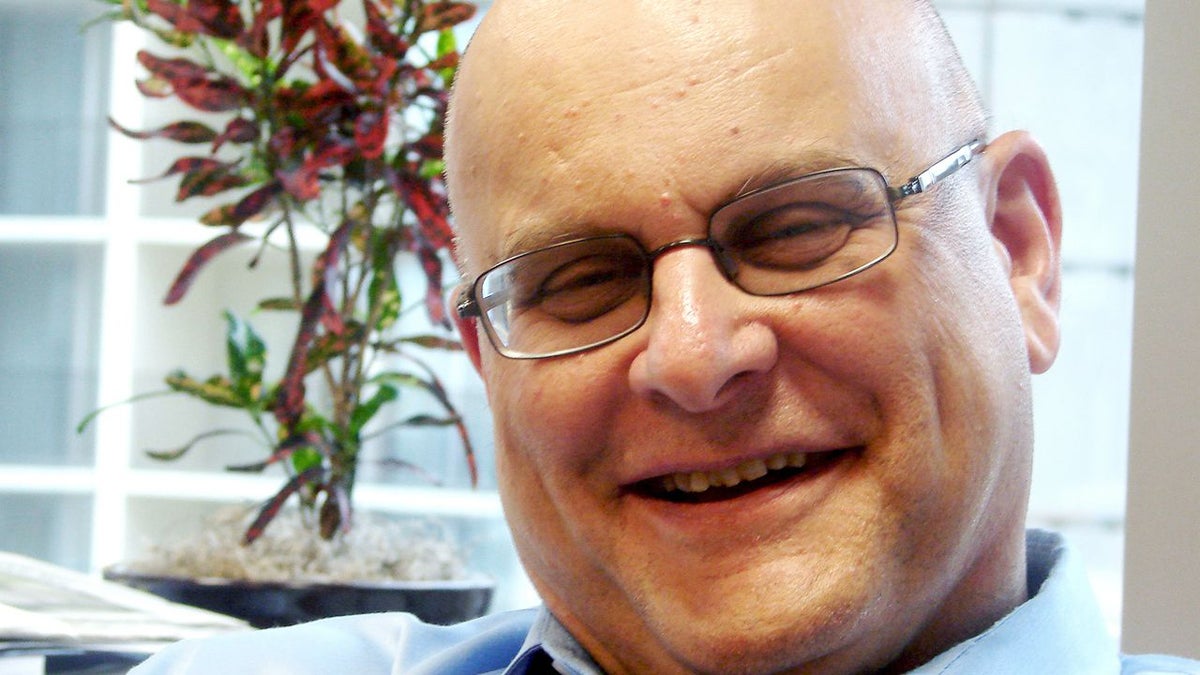Ethics board clears Philly School District deal

Jeremy Nowak, then president of the William Penn Foundation, had "significant influence" in a consulting arrangement involving city schools, an ethics board official said.
So the Philadelphia Board of Ethics staff has decided that the William Penn Foundation did not engage in lobbying as defined by city law when it helped fund a planning effort for the city school district in 2012.
I’m not surprised. The effort didn’t quite smell like lobbying to me, but I thought the issue raised by Parents United for Public Education and other groups was a serious one: Is it right to have a consultant engaged in a major study with public officials of policy issues pursuant to a contract the public entity isn’t even a party to?
In this case, the Philadelphia School District wanted to engage a consultant to help in a major planning effort, and, because it was cash poor, the district tapped private sources led by the William Penn Foundation to pay for it. But for much of the work, the Boston Consulting Group contracted not with the district, but with the foundation, even though its purpose was to work with public officials to figure out new directions in school policy.
Parents United and the other complainants said that, in this kind of arrangement, the William Penn Foundation is in effect hiring the consultant to pursue a public policy agenda with public officials ― not a bad definition of lobbying.
Parents United said that means the Boston Consulting Group should have registered as a lobbyist and William Penn should have registered as its client under the city’s lobbying law, triggering a lot of mandatory disclosures.
Ethics board takes it on
You can tell from the letter the Board of Ethics wrote to the complainants that the board took the complaint seriously. Michael Cooke, the board’s director of enforcement, wrote that the board’s staff “interviewed witnesses and obtained and reviewed documents, including emails.”
Essentially, the staff concluded it wasn’t lobbying because, even though the contractual arrangements created the appearance the Boston Consulting Group was working for the foundation, it’s clear from their review that the BCG analysts considered the school district their client.
Cooke did note that William Penn Foundation President Jeremy Nowak had a lot of access to the deliberations of school district officials, asking questions and offering comments on statements of work before they were finalized. At least some witnesses, Cooke said, “believed that Nowak’s role as a funding source gave him significant influence with and access to school district officials.”
In the end, the staff concluded that the facts didn’t establish there was lobbying going on. But Cooke noted that the city’s lobbying law doesn’t address “the relationship that arises when a private entity provides grant funding to a public enterprise such as the school district.”
Helen Gym, a founder of Parents United, was disappointed with the decision.
“It may not have risen to the level of lobbying according to the ethics board,” Gym said, “but to me and, I hope, to the public, it should raise a lot of eyebrows about the level of influence that’s being wielded by those with enough money to demand it.”
I’m inclined to view the actions of the district and the William Penn Foundation here as well-motivated and in good faith. The district did (and does) have very tough issues to confront, and no doubt needed the extra analytical muscle a good consultant could provide. And it’s not the first time a public entity has tapped private resources for help.
When Ed Rendell became mayor in 1992, he got all kinds of analytical help and management advice from the private sector. But the relationships need to be transparent, and the financial arrangements shouldn’t be designed to restrict public access to information.
Seems to me the district should have directly engaged the consultant, and I hope they’ll do that in the future.
Nowak, who has since left the William Penn Foundation, declined to comment on the decision. Foundation spokesman Josh Peskin said William Penn is pleased to have the matter closed, and pledges to continue its “work in helping to ensure that all children in this city have access to a high-quality education.”
You can read the ethics board’s letter to the complainants here.
WHYY is your source for fact-based, in-depth journalism and information. As a nonprofit organization, we rely on financial support from readers like you. Please give today.


